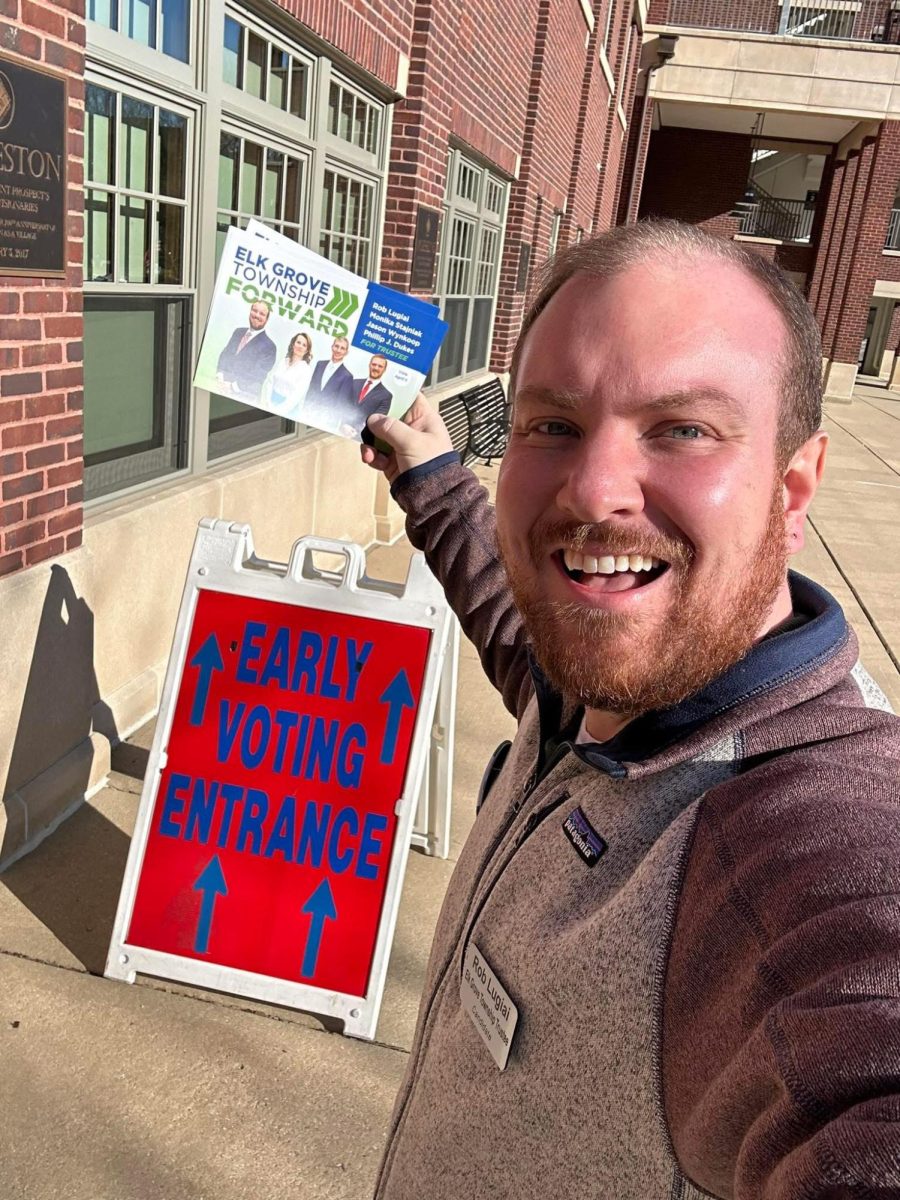Opinion: It’s time for a College Board reformation
November 13, 2021
Privatizing services that are typically government-based is nothing new in America. Garbage processing, water utilities and even prisons are all examples of public services that are handled in large part by private organizations. Standardized testing is no exception.
College Board is an independent nonprofit organization responsible for the majority of all standardized testing of high schoolers preparing to apply for colleges. The College Board is also responsible for the SAT and all Advanced Placement tests and classes. It would be an understatement to say that the College Board is unavoidable in the quest to get accepted into the college of your choice. Regardless of the services that the College Board provides, the question that needs to be asked is: Can a private organization be trusted with a service that is so vital to the future of our country?
In a typical American capitalistic fashion, I began my search for the answer by trying to find out where the money the College Board makes actually goes.
The College Board reported a total revenue of $1.1 billion profit of $58 million on the 990 form they submitted to the IRS in 2019. Those numbers are surprisingly high for a “nonprofit organization.” Additionally, executives at College Board are given much higher salaries than other nonprofits. CEO David Coleman was compensated with a whopping $1,418,038.
So let’s break this down. The College Board is a nonprofit, but they’re making a whole lot of profit. While the College Board may be reinvesting the majority of their earned funds into their services, there is still an abundance of money that seems to flow out of the pot of the common good and into the pockets of the people at the very top of this organization.
Organizations that have been founded to support the future leaders and contributors of our society should be more focused on the success of the people they are supposed to support, and less focused on the monetary yields of potentially fruitful opportunities.
AP tests should not cost $96 per exam. It should not cost $55 to register for the SAT. The College Board should not charge $25 to change your testing location or cancel your test. You should not have to pay $40 to register late.
These additional costs also create another issue. For those without the resources to pay for AP tests and multiple SAT tests, the competitive search for a post-secondary education of your dreams just became a little less fair.
People that come from higher income families have a better likelihood of scoring higher on the SAT because they are better equipped to take the test multiple times and receive prep classes and materials, according to CNBC.
“Pay-to-win” is what comes to mind when considering the admission process. If a person with more resources is automatically set up for success, then we run the risk of limiting our generation to unnecessary educational exclusion.
Attaching the college admission process to a private organization is ultimately a very dangerous move because it unfairly benefits those with more resources and locks many students in a cycle of systemic inequality. The resources you have should not determine your qualification for receiving post-secondary education.
Education benefits society, and for that reason, it seems more logical to allow all students the same opportunities by giving the government a larger role in the standardized testing process.
The government should prepare students for college by training all students in the same manner and covering the basic costs of testing for every student.
The solution I am proposing is not common core, which is a system adopted by 43 of the 50 states to test the basic proficiency of every student at the end of each year. What I am suggesting is this: allow students to follow their passions and choose classes that work for them, and give every student the resources to take tests and retake them if they feel they haven’t reached their potential.
We don’t need to rewrite the book on educating students, but we do need to rewrite the book on how we examine their aptitude.
If some students are given the right to get a head start on college with AP credits, then all students deserve that right. If some students are given the opportunity to take the SAT as many times as they want, then every student deserves that opportunity.
At the end of the day, the College Board is not built for that kind of service. Nonprofit or profit, no private organization has the power to give everyone everything for free. So let’s drop the private organizations and give back to the hardworking, low-income, overlooked students of this country.










Will Stenzel • Nov 15, 2021 at 5:00 pm
I agree. We shouldn’t have to pay a third-party organization to get into our dream colleges. This needs to end